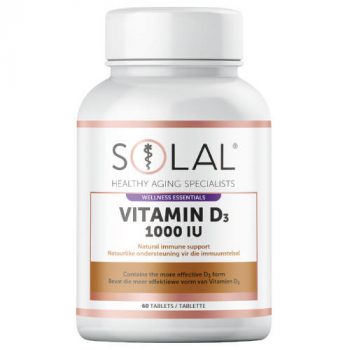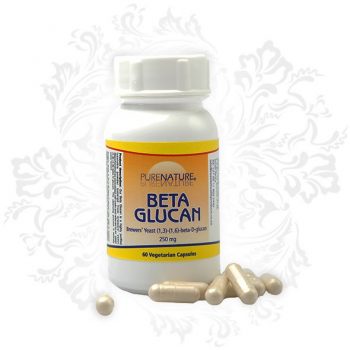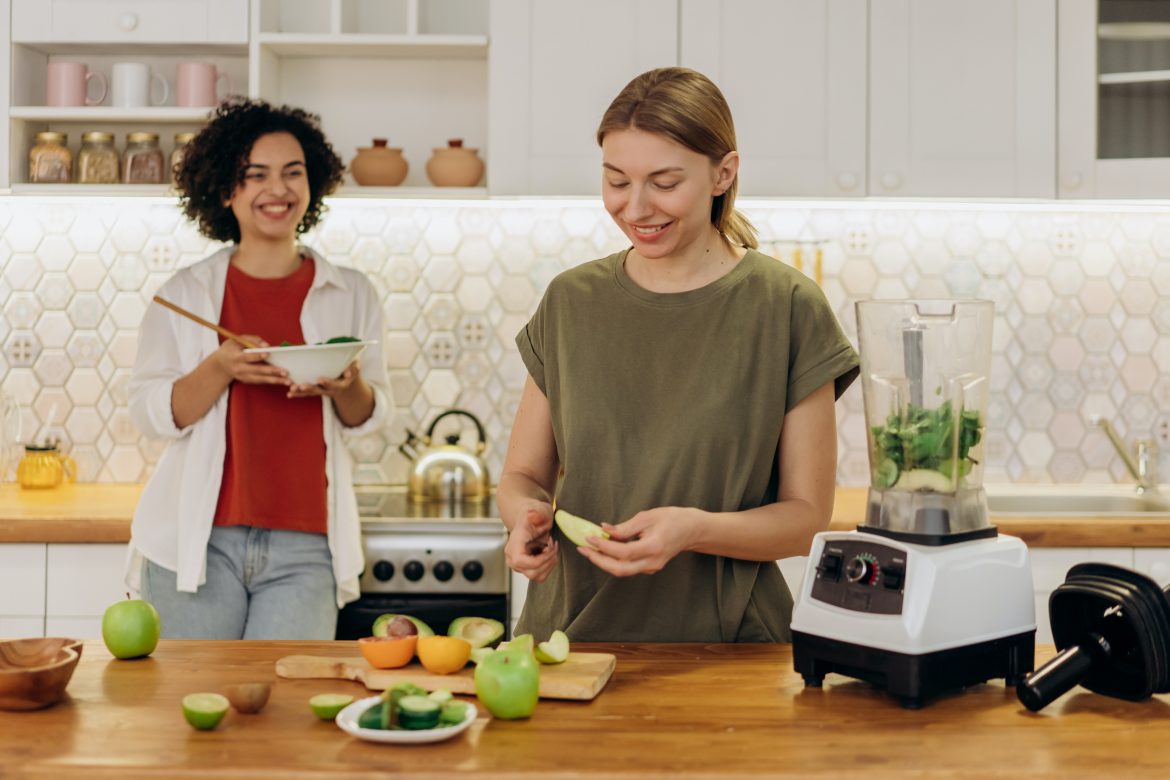There’s much more to keeping your immune system healthy than what vitamins to take. Since Covid-19 came into our lives, immunity has become one of the most heated health debates. Along with other advice from the World Health Organization (you can find their Covid-19 page here), building a strong immune system is an easy way you and your family can stay healthy and safe from colds, flus, and of course the pandemic. We turn to the experts for their best immune system boosting tips…
The top three immune system boosters
1. Wash your hands… thoroughly
We get ill more in winter because we’re indoors and in close proximity to each other. Handwashing with soap is the most effective way to kill bugs.
2. Sleep properly
Disturbed or deprived sleep alters the activity of the gene TLR9, which is vital for switching on the immune response. Get at least six hours.
3. Exercise gently
Moderate exercise, such as walking, helps reduce the risk of developing colds, but marathon runners are more at risk of bugs following the event, says Professor Mike Gleeson at Loughborough University.
ALSO SEE: 8 Surprising benefits of apples
4. Eat more eggs
Why? Vitamin A is vital for immunity. It helps repair mucus membranes that are our first barrier against viruses, plus immune cells need it to function. Most of us get about half of our vitamin A by making it from beta-carotene, a nutrient found in certain fruit and vegetables. But, according to research, some people carry a gene that makes it difficult for them to convert beta-carotene, which has a major impact on their vitamin-A status – and immunity.
Top Tip: Eat foods that contain preformed vitamin A that doesn’t need conversion from beta-carotene. This is found in eggs, cheese, milk and liver.
 5. Take vitamin D
5. Take vitamin D
Why? Vitamin D is made from sunshine, but the season, the time of day, skin pigmentation and sunscreen-use all influence how well your skin absorbs the UVB needed to produce the vitamin. This is bad news for our immune systems, as it’s recently been found that low vitamin-D levels impair a vital part of your immune system, called the TLR7 gene. The gene protects us from viruses – especially respiratory viruses, such as coughs, colds and flu, believes Dr Victor Martinez-Taboada, a researcher from Cantabria University in Spain.
Top Tip: Throughout winter, take a supplement such as Solal Vitamin D3 1000 Iu, from R105,95 for 60 capsules.
6. Drink sensibly
Why? “Alcohol changes how the immune system behaves,” says Professor Gyongyi Szabo from the University of Massachusetts. She found that, when exposed to the alcohol equivalent of one-and-a-half large glasses of wine, immune cells produce only a quarter of a substance that normally kills bugs.
Top Tip: Stick to one large glass a day. Balance occasions when you drink more with days that are alcohol-free.
7. Try beta-glucans
Why? There are hundreds of trials looking at the impact of these on the immune system. Beta-glucans are sugar molecules that appear in the cell walls of certain plants and other substances. They do different things – some in oats, for example, lower cholesterol, and those in baker’s yeast and fungi act on immunity-priming cells to attack infections faster.
that appear in the cell walls of certain plants and other substances. They do different things – some in oats, for example, lower cholesterol, and those in baker’s yeast and fungi act on immunity-priming cells to attack infections faster.
Our diet used to be high in beta-glucans because food wasn’t as refined.
Top Tip: Eat natural sources of foods, such as mushrooms and oats, which contain one of the immunity-boosting strains – or try a supplement such as Purenature Beta Glucan, R218,42 for 60 capsules.
ALSO TRY:
8. Live in the moment
Why? Stress is an immune suppressor. Since we can’t often change the causes, we can change our responses to events. Studies show that mindfulness boosts immunity.
“We’ve seen changes in the killing-ability of immune cells in people practising the technique,” says Dr Carolyn Fang of the US Fox Chase Cancer Center.
Top Tip: For a few exercises and tips, read Mindfulness for Dummies (John Wylie & Sons) by Shamash Alidina and Joelle Jane Marshall; R319.

9. Reduce sugar intake
Why? “Sugar slows down your immune system. Avoid it during the cold season,” says nutritionist Gareth Zeal. Studies from California’s Loma Linda University found that, within an hour of eating 100g of sugar (even in honey), your immune defences slow and white blood cells lose the ability to fend off bacteria and viruses.
Top Tip: Have small, frequent meals containing protein to keep blood-sugar levels stable and eliminate your body’s sugar cravings.
ALSO SEE: BRAIN FOODS THAT KEEP YOUR MIND YOUNG AND HEALTHY

